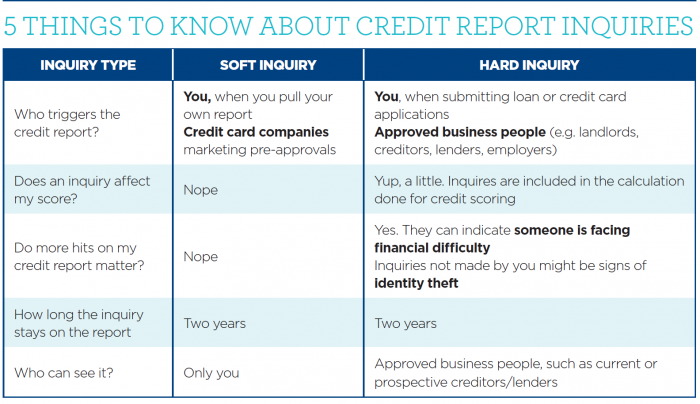written in part by DLC Marketing Team Oct. 19, 2021
There’s Always an Alternative.
When it comes down to getting approved for a mortgage, there are a lot of factors and not everyone will qualify. So what are your options if the banks say “no”?
When conventional lenders (such as banks or credit unions) deny mortgage financing, it can be easy to feel discouraged. However, it is important to remember that there is always an alternative! That’s where alternative lenders come in.
what is an alternative lender?
While the big banks, monolines and credit unions – or “A lenders” as they are sometimes referred – are viewed as the gold standard in the mortgage industry, some people have no choice but to consider other options for financing.
If you’re seeking a mortgage, but your credit score is damaged in some way and big institutions won’t lend you the money, you’ll find yourself in what’s commonly referred to in the industry as the “Alternative-A” or “B” lending space.
Much like the A Lender space, there are various companies which operate in the B lending space. Some B lenders are known as Mortgage Investment Companies (or MICs). Like the big banks, they’re still regulated, have shareholders and a board of directors and essentially act like a typical company. Equitable Bank and Home Capital are examples of other institutions that offer alternative options.
Alternative lenders cater to individuals which lack a strong credit history, or a guaranteed income (recent immigrants, or the self employed, for instance). As a result, these lenders generally have lower entry qualifications, which are offset by higher interest rates.
WHY IS ALTERNATIVE LENDING NECESSARY?
- CRA arrears
- Income issues such as non-traditional income as with self-employed borrowers
- Credit issues such as low credit score, credit arrears, current mortgage or even bankruptcies
- Unexpected liens on title
- Foreclosure situations
- Unique financing needs/opportunities
private or unregulated lenders
Beyond B-lenders are another alternative, which are known as Private or Unregulated lenders. These could just be individuals with money who are looking to invest. They are not regulated by any agency, and their rates and fees could be quite high.
These lenders are not required to stress test mortgage applicants, but many will abide by lower qualification rates. As a result, getting approved for a loan through an alternative or uninsured lender can be much easier than going through a traditional bank or credit union.
However, the same with B Lenders, it is vital to pay close attention to the deal an unregulated lender offers. Lower qualification rates tend to come with baggage in the form of high interest rates or penalties.
considerations for alternative mortgages
Due to the “B” Lender space, it is important to take a good look at the conditions for these mortgage products to ensure that you won’t get trapped with rates you can’t afford.
Before considering an alternative mortgage, there are a few things you should ask yourself:
- What issue is keeping me from qualifying for a mortgage today?
- How long will it take me to correct this issue and qualify for a mortgage?
- How much do I currently have available as a down payment?
- Am I willing to wait until I can qualify for a regular mortgage, or do I want/need to get into a certain home today?
If you are someone who is ready to go ahead with an alternative mortgage due to heavy credit score damage, or you don’t want to wait until you’re able to qualify with a traditional lender, these are five questions you should ask when reviewing any alternative mortgage product:
- How high is the interest rate?
- What is the penalty for missed mortgage payments? How are they calculated? What is the cost to get out of the mortgage altogether?
- Is there a prepayment privilege? For example, are you able to avoid penalties if you give the lender a higher mortgage payment once a month?
- What is the cost of each monthly mortgage payment?
- What is the fine print?
When it comes to the alternative lending space, things can get a bit murky. Seeking the help of a mortgage broker will ensure that you are making the best decision for you! A qualified broker can help you source out various alternative mortgage products and will review the rates and terms to ensure it is the best fit.

